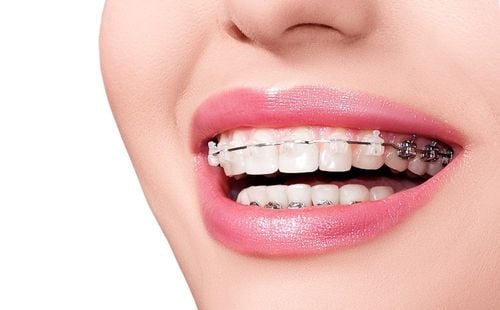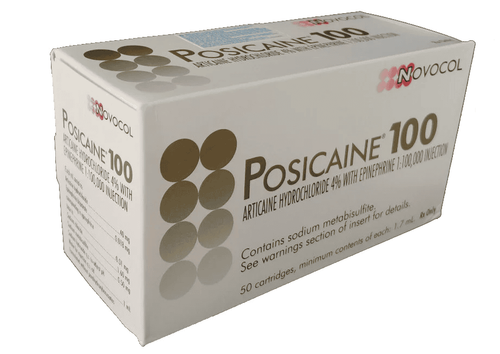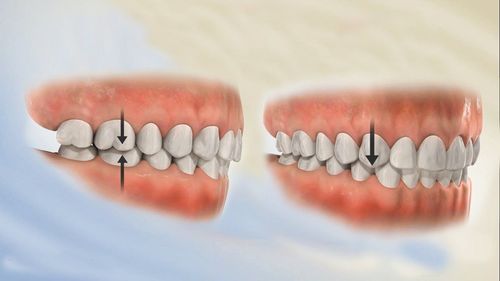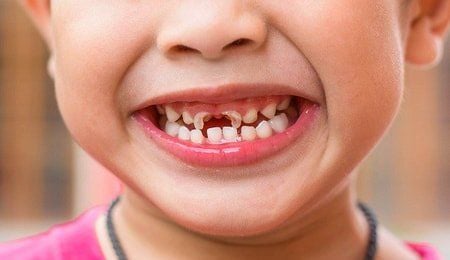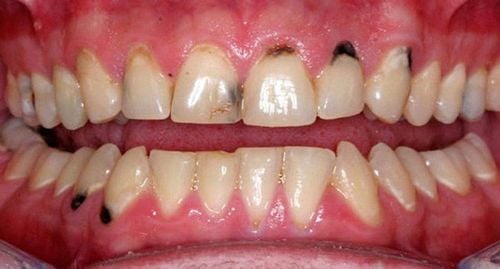This is an automatically translated article.
Children's oral health is one of the issues that parents always pay attention to. In order to promptly detect and correct dental abnormalities, parents need to remember the time of their children's dental check-ups and take them to the dentist on time.
1. When should your child see the dentist?
Experts recommend taking your baby to the dentist within 6 months of the first tooth erupting, or about 12 months at the latest. At this point, the dentist can give you information about the condition of the tooth decay, feeding practices for the newborn, how to clean the teeth, how to treat when the baby is teething or if the child has a habit of using a pacifier. fake, thumb sucking habit. The first dental visits also help familiarize children with the dentist's chair and build their comfort with the dentist.
Dental check-ups for children aged 6-12 years will help prevent dental abnormalities when baby teeth give way to permanent teeth. Your baby's dentist will likely recommend fillings. Fillings will prevent bacteria that cause tooth decay from entering the grooves of the teeth. When your child is about 7 years old, your dentist will likely recommend an orthodontic evaluation. Most children will wait until their teens to get braces, but orthodontics is about correcting jaw growth, so identifying the bony cause of crooked teeth early helps ensure a beautiful smile later.
2. Experience in dental examination for children
2.1 Prepare your baby and yourself If possible, schedule dental appointments in the morning to keep your child awake. Prepare preschoolers or older children by giving them an overview of what to expect. Explain why you need to go to the dentist. Build interest and understanding in children.
Please discuss your questions and concerns with your dentist. Remember that how you feel about a dental visit may be completely different from how your child feels. Be honest with your views about the dentist. If you have dental concerns, be careful not to show those fears to your child. Parents need emotional support by staying calm while in the dental clinic. Children can recognize their parents' anxiety and become their own anxiety.
During the first dental visit, give the dentist your child's complete health history. For a restorative visit, such as a filling, tell the dentist if your child tends to be stubborn, defiant, anxious, or fearful in other situations.
Observe how your child reacts. Many parents can guess how their child will react and should tell the dentist.
2.2 First dental visit Children's first dental visit should be done at 12 months of age, or within 6 months of the eruption of their first tooth. This visit usually lasts 30 to 45 minutes. Depending on your child's age, the exam may include a complete examination of the teeth, jaw, bite, gums, and oral tissues to check for growth and development. If needed, the baby can also be gently cleaned. This includes polishing the teeth and removing any plaque, tartar and stains. Dentists can show children and parents proper hygiene, such as flossing, and advise parents on the need for fluoride.
2.3 Follow-up dental visits Just like adults, you need to take your child to the dentist for regular dental check-ups. Children should have regular dental check-ups every 6 months. Some dentists may schedule more frequent visits, such as every 3 months. This can build comfort and confidence in the child. Regular dental check-ups for children can also help you monitor the development of teeth and detect abnormalities in time.
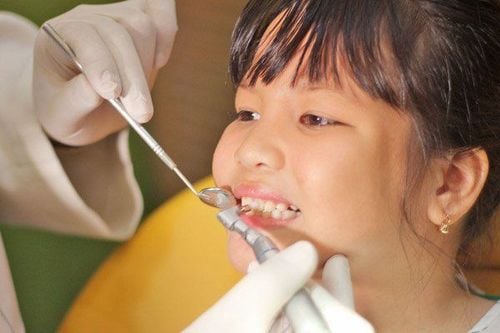
Cha mẹ nên quan tâm đến vấn đề khám răng định kỳ cho trẻ
3. How to protect children's teeth at home?
Here are some tips to protect children's teeth at home:
Before teeth come in, wipe the gums with a clean, damp cloth. Start brushing with a small, soft-bristled toothbrush and a very small amount of toothpaste (the size of a grain of rice) when your baby's first tooth appears. Use a pea-sized amount of fluoride toothpaste after your child is 3 years old. This is when your child is old enough to spit out toothpaste after brushing. Prevent tooth decay for bottle-fed babies. Do not give your child a bottle of milk, juice or soft drinks at bedtime or after a nap. Limit the amount of time your baby is bottle-fed. Your child should empty the bottle in 5 to 6 minutes or less. Help your child brush their own teeth until they are 7 or 8 years old. Ask your child to watch you brush and follow the same brushing pattern to reduce spots. Limit foods and drinks that increase tooth decay, including hard or sticky candies, soft drinks, and juices. It is better for children to eat fruit than to drink juice. The fiber in fruit tends to scrape teeth. Juice only exposes teeth to sugar. Children's dental check-ups are always a matter of concern for parents. To help your child have beautiful healthy teeth, parents should take their children to regular dental check-ups and follow the dental care instructions of the dentist.
To examine and treat dental problems, you can go to the Department of Odonto-Stomatology - Vinmec International General Hospital. Vinmec is a high-quality medical facility in Vietnam with a team of highly qualified medical professionals, well-trained, domestic and foreign, and experienced.
Please dial HOTLINE for more information or register for an appointment HERE. Download MyVinmec app to make appointments faster and to manage your bookings easily.




